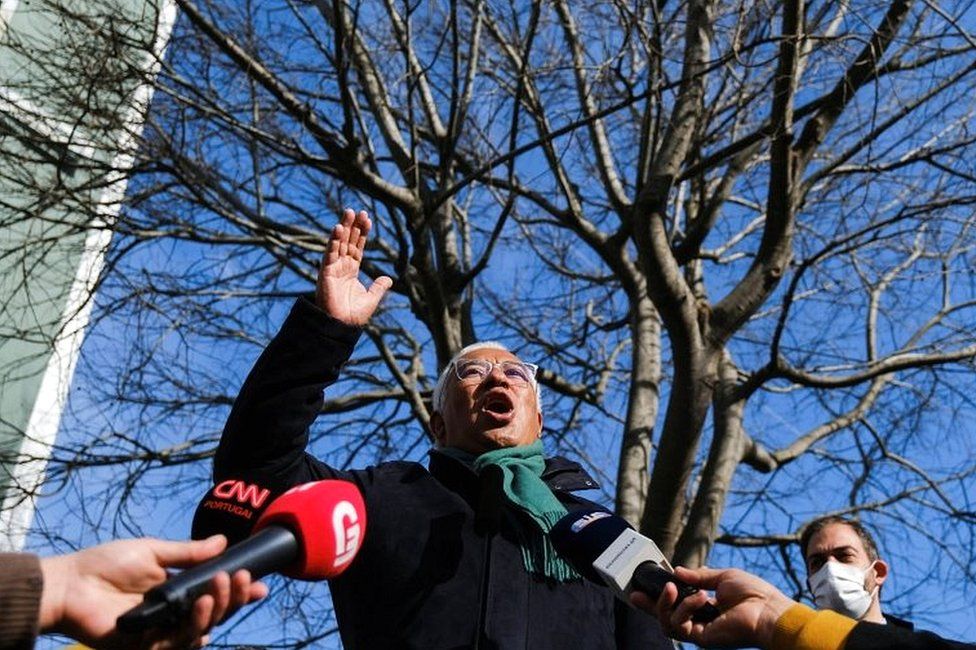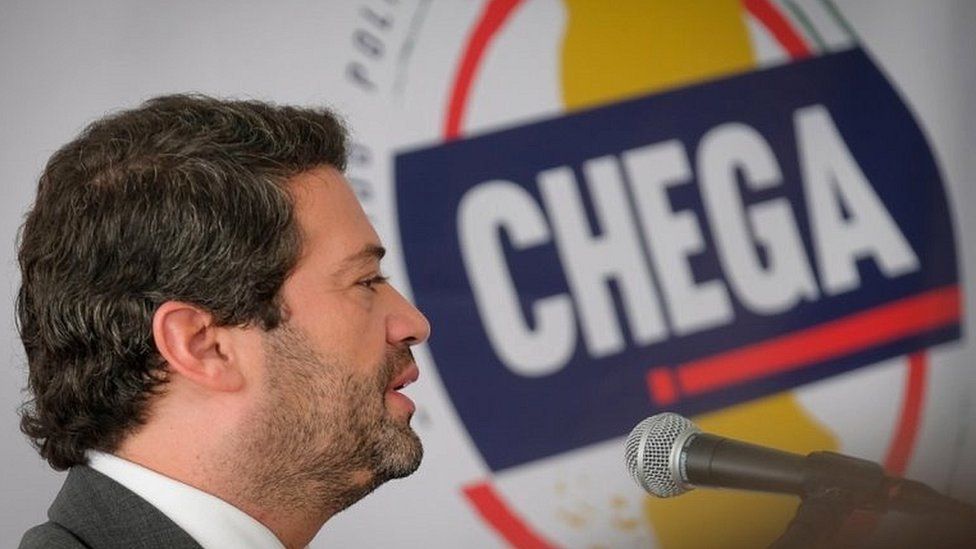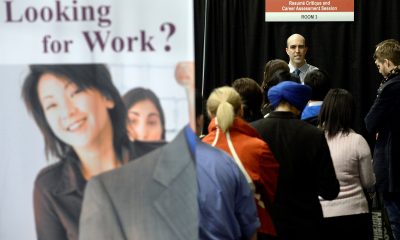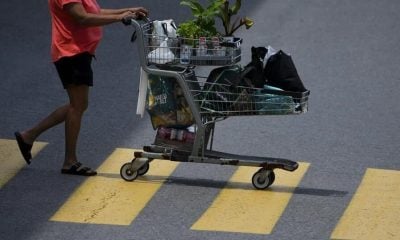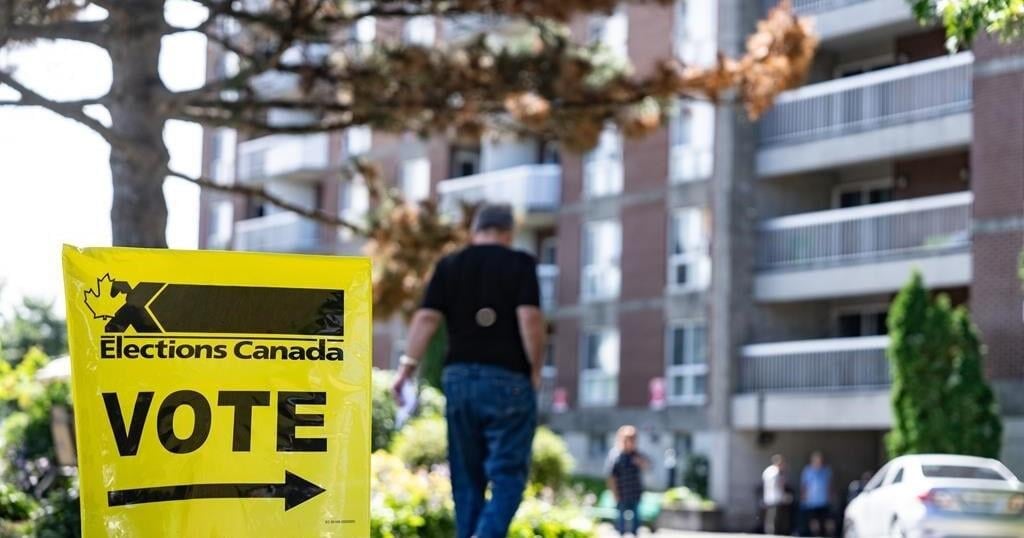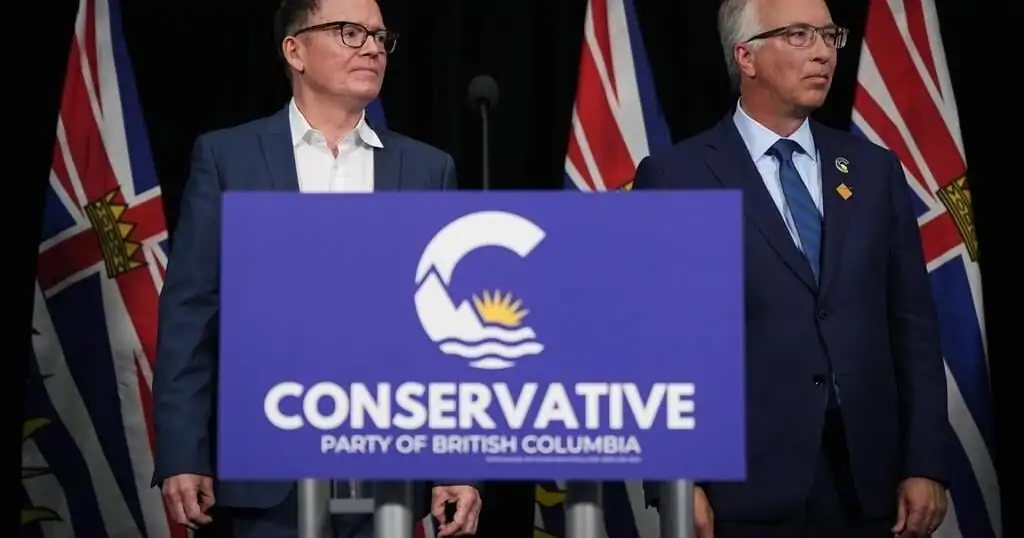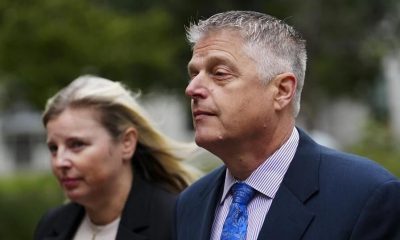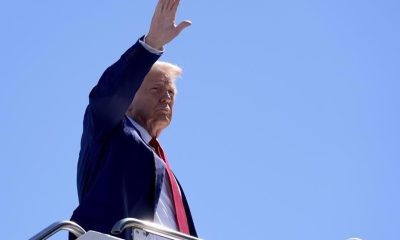OTTAWA – Prime Minister Justin Trudeau say the Liberals have “all sorts of reflections” to make after losing a second stronghold in a byelection in Montreal Monday night.
His comments come as the Liberal cabinet gathers for its first regularly scheduled meeting of the fall sitting of Parliament, which began Monday.
Trudeau’s Liberals were hopeful they could retain the Montreal riding of LaSalle—Émard—Verdun, but those hopes were dashed after the Bloc Québécois won it in an extremely tight three-way race with the NDP.
Louis-Philippe Sauvé, an administrator at the Institute for Research in Contemporary Economics, beat Liberal candidate Laura Palestini by less than 250 votes. The NDP finished about 600 votes back of the winner.
It is the second time in three months that Trudeau’s party lost a stronghold in a byelection. In June, the Conservatives defeated the Liberals narrowly in Toronto-St. Paul’s.
The Liberals won every seat in Toronto and almost every seat on the Island of Montreal in the last election, and losing a seat in both places has laid bare just how low the party has fallen in the polls.
“Obviously, it would have been nicer to be able to win and hold (the Montreal riding), but there’s more work to do and we’re going to stay focused on doing it,” Trudeau told reporters ahead of this morning’s cabinet meeting.
When asked what went wrong for his party, Trudeau responded “I think there’s all sorts of reflections to take on that.”
In French, he would not say if this result puts his leadership in question, instead saying his team has lots of work to do.
Bloc leader Yves-François Blanchet will hold a press conference this morning, but has already said the results are significant for his party.
“The victory is historic and all of Quebec will speak with a stronger voice in Ottawa,” Blanchet wrote on X, shortly after the winner was declared.
NDP Leader Jagmeet Singh and his party had hoped to ride to a win in Montreal on the popularity of their candidate, city councillor Craig Sauvé, and use it to further their goal of replacing the Liberals as the chief alternative to the Conservatives.
The NDP did hold on to a seat in Winnipeg in a tight race with the Conservatives, but the results in Elmwood-Transcona Monday were far tighter than in the last several elections. NDP candidate Leila Dance defeated Conservative Colin Reynolds by about 1,200 votes.
Singh called it a “big victory.”
“Our movement is growing — and we’re going to keep working for Canadians and building that movement to stop Conservative cuts before they start,” he said on social media.
“Big corporations have had their governments. It’s the people’s time.”
New Democrats recently pulled out of their political pact with the government in a bid to distance themselves from the Liberals, making the prospects of a snap election far more likely.
Trudeau attempted to calm his caucus at their fall retreat in Nanaimo, B.C, last week, and brought former Bank of Canada governor Mark Carney on as an economic adviser in a bid to shore up some credibility with voters.
The latest byelection loss will put more pressure on him as leader, with many polls suggesting voter anger is more directed at Trudeau himself than at Liberal policies.
This report by The Canadian Press was first published Sept. 17, 2024.

